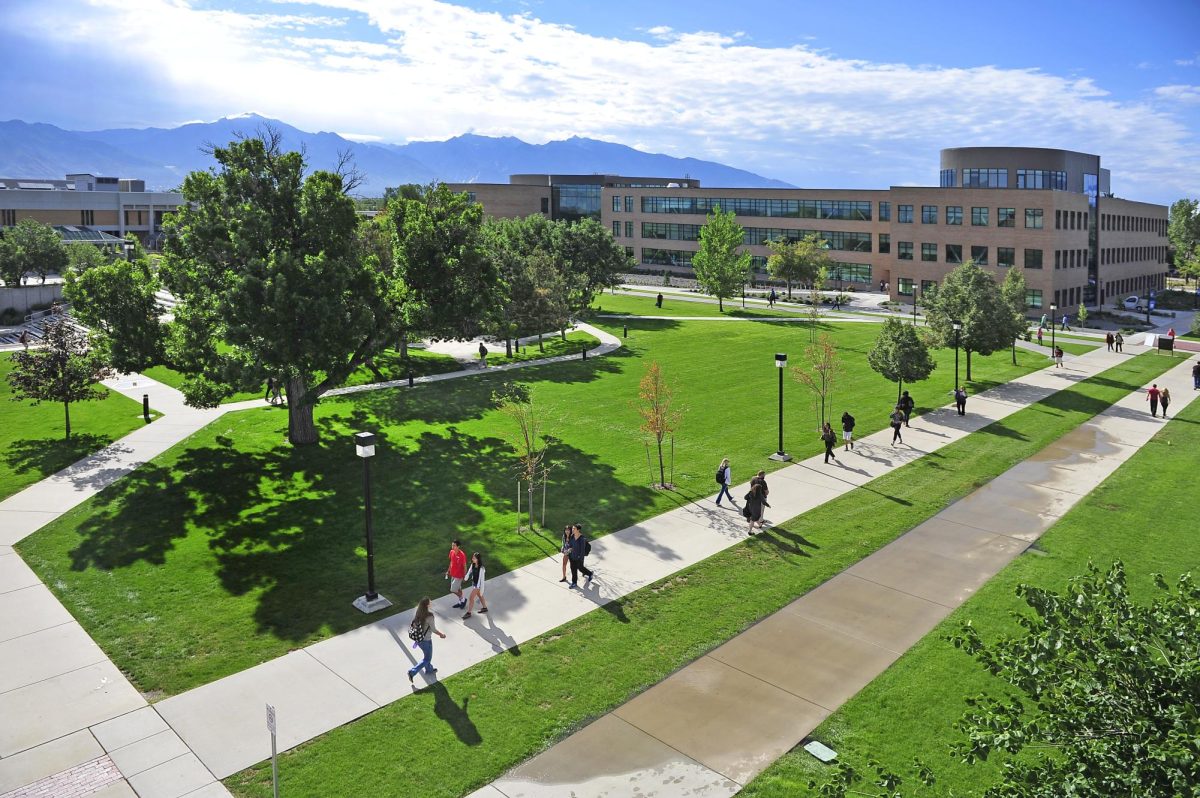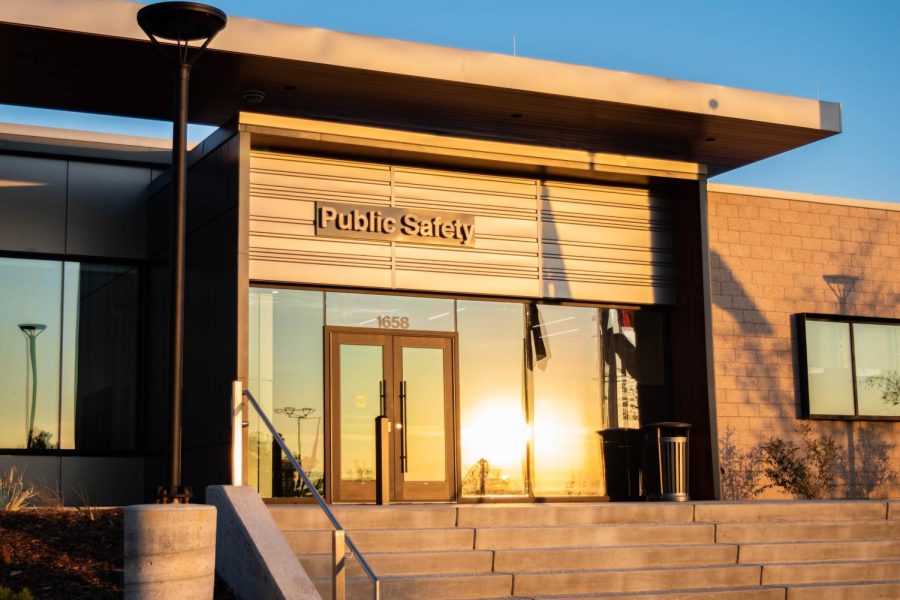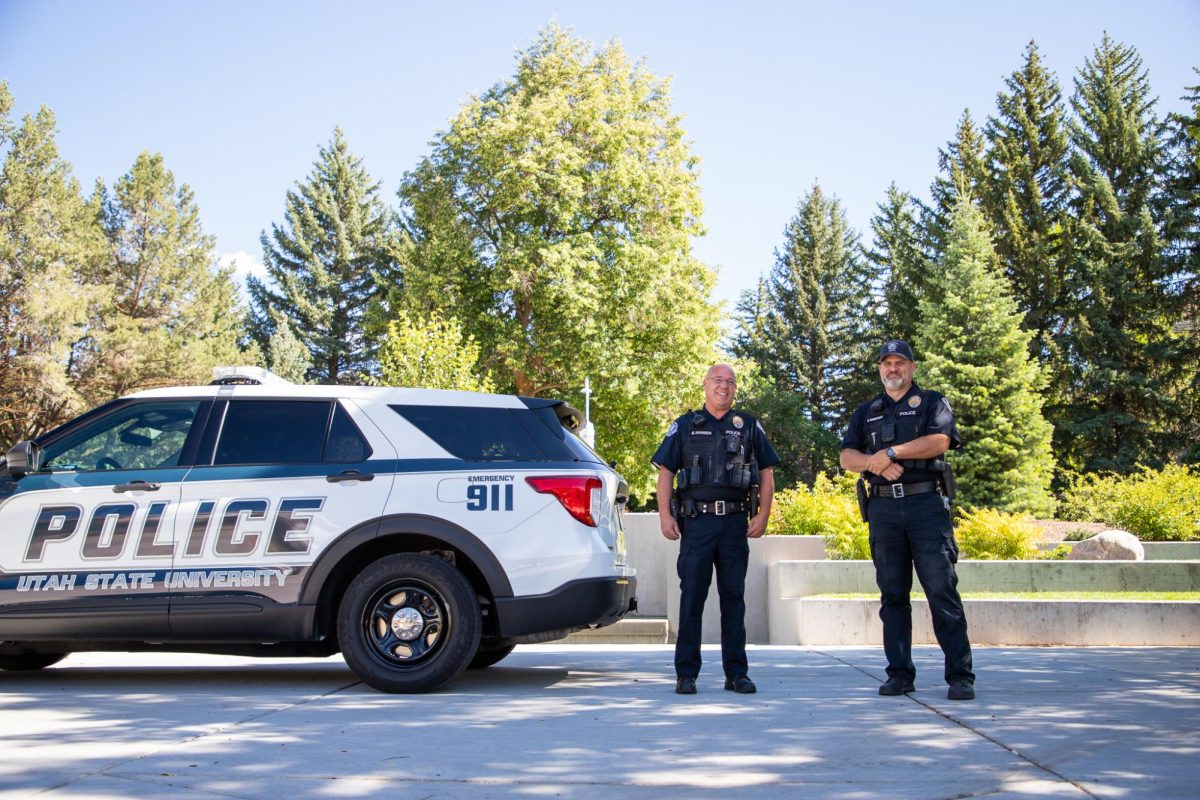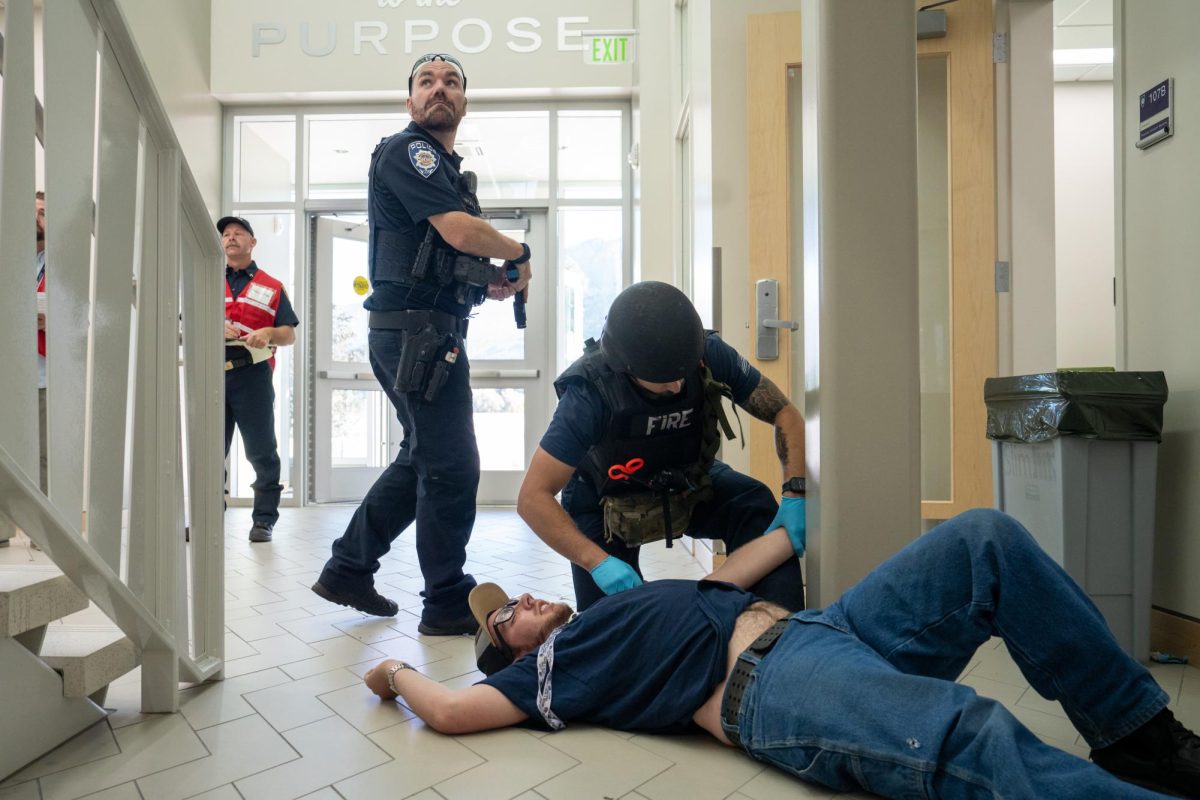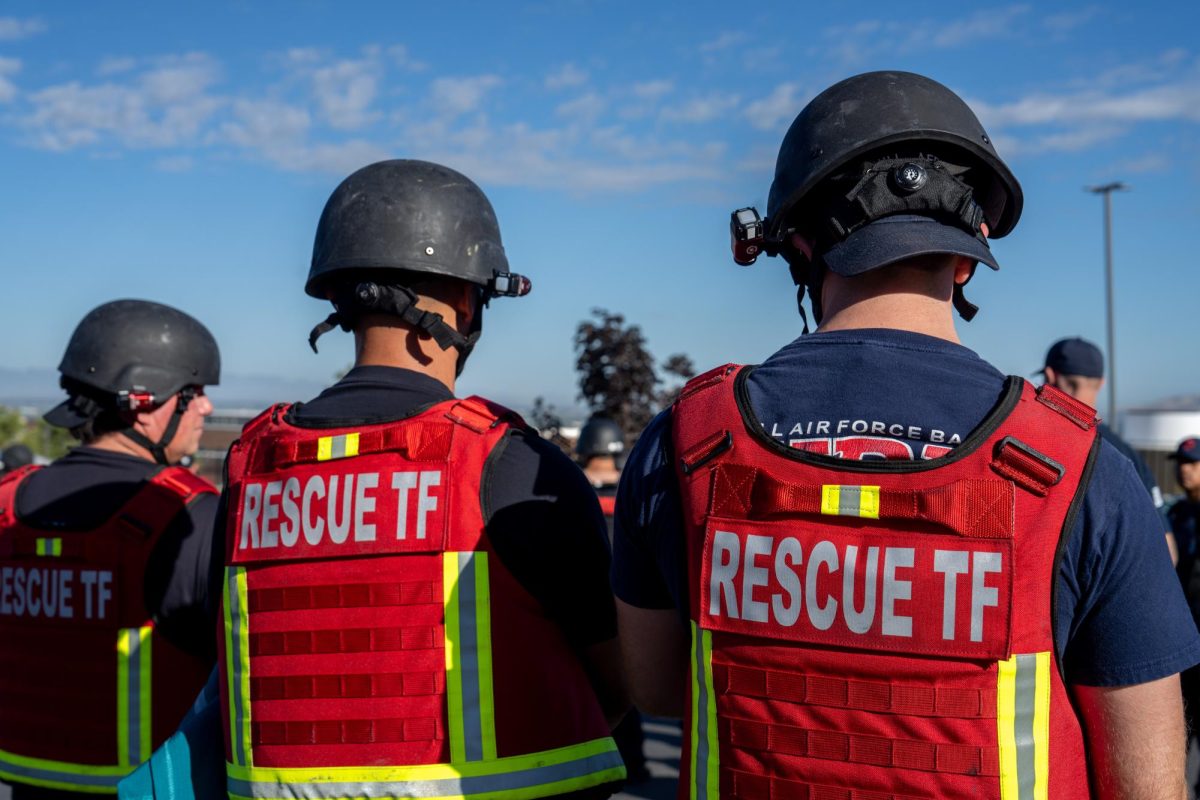Michigan State University made national news in February 2023 when a gunman killed three students and injured five others. Then, in December, another gunman killed three faculty members at the University of Nevada, Las Vegas.
These two cases resulted in the first time that more than one mass shooting – in which at least three people were killed – took place at a U.S. college campus in a single year, according to data from independent groups. They accounted for two of the last nine college shootings since 2007.
Because no public government database tracks shootings at colleges, and because most databases define mass shootings as those that kill at least four (which excludes cases like Morgan State University in October 2023, which saw five injuries), the actual number of mass shootings at colleges is inexact. Nonetheless, these incidents come amid a dramatic spike in the number of mass shootings during the last decade.
Avoid, Deny and defend
Following last year’s school shootings, security teams at Utah’s leading higher education institutions have doubled down on their active shooter protocols in the hopes of preventing a domestic mass shooting.
Salt Lake Community College, the state’s largest two-year college, puts forth three words to its employees and students in the case of a violent intruder: run, hide or fight. These are the same words UNLV posted to its X account when it confirmed an active shooter in December.
The advice asks one to exit the area if possible and, if not, to hide instead, with fighting as a last resort. The University of Utah and Utah State University also advise their communities to follow this protocol in the case of a violent intruder. Weber State University uses different, albeit similar, language: avoid, deny and defend. Each school has produced a video that demonstrates these protocols.
Shane Crabtree, associate vice president of public safety at SLCC, said his office runs a shooter simulation twice a year alongside fire and law agencies.
“We take advantage of the spring and winter breaks when there aren’t classes and there’s nobody around,” Crabtree said. “We run through different scenarios to be trained on a violent intruder. We also bring in a SWAT team to evaluate us [annually].”
Likewise, WSU police Capt. Mike Davies said campus safety officers train more than once a year on their active shooter response, teaming up with surrounding law and fire agencies as well as local hospitals for trial-run exercises.
“We all train together because we would all respond together,” Davies said. “These efforts increase all of our abilities to do so.”
Make a plan
WSU offers and encourages its employees and students to take a four-hour training program called CRASE, or Civilian Response to Active Shooter Events. The program, part of the Advanced Law Enforcement Rapid Response Training model, provides strategies, guidance and a “proven plan for surviving an active shooter event,” according to the Texas-based ALERRT Center.
According to safety information posted on the websites of SLCC, Weber, USU and the U, each school employs opt-in emergency alert systems that notify employees and students in the case of an active shooter or other potentially dangerous scenarios. The alert systems contact users via text and email and, except for SLCC, also offer a companion mobile app.
As stated on their housing policy websites, WSU and the U allow students living on campus to request a roommate who does not have a concealed firearm. Additionally, these two schools, as well as SLCC and USU, stated on their websites that they have designated hearing rooms that prohibit the possession of firearms.
This allows for a secure area where disputes can be heard without the fear of a violent escalation.
“There are safes and/or lock boxes outside each of these locations where individuals must secure their firearms,” Amanda DeRito, associate vice president for strategic communications at USU, said in describing the school’s process. “In addition, USU holds many grievance hearings via Zoom or other video conferencing methods as an additional safety precaution.”
Concealed Weapons on Campus
In addition to immediate danger when a shooter is on campus, school officials must also contend with a potential increase in law-abiding people who carry concealed firearms.
On Feb. 15, 2021, Gov. Spencer Cox signed a new law that removed the state requirement for law-abiding Utahns over the age of 21 to have a permit to carry a concealed firearm. There is a provisional firearm permit for 18–20-year-olds.
According to the Utah Department of Public Safety, a concealed firearm permit application may be denied for reasons such as felony conviction, convicted of a crime of violence or domestic violence offense.
Even though the requirement to have a concealed permit has been lifted in Utah, public institutions of higher education still require a permit to carry a concealed weapon and require provisional permits for 18–20-year-olds on campus.
“You cannot carry a weapon on campus, unless you are authorized by the legislature,” Crabtree said. “And I give them the Utah Code [76-10-505.5].”
However, there is no state law requiring a concealed permit holder to make it known that they have a permit.
The websites of the U, SLCC, USU and Weber have no mention of a requirement that concealed permit holders identify themselves, but they do require them to follow all state and federal laws on gun policies.
Crabtree said they address the concealed weapon permit requirement policy if they become aware of someone not having a permit.
Scott Carver, deputy chief safety officer of police services at the U’s Department of Safety, explained that Salt Lake City’s proximity to the tracks often brings about various issues.
“We’re part of Salt Lake City, and for the good and the bad, the track lines are a feeder line for issues to come up here,” Carver said. “We carry firearms as a preventative measure.”
Carver said the department’s mindset is to stay optimistic when preparing for potential threats.
“You know, we hope for the best and train for the worst,” Carver said. “And just like every other entity, the university has had significant violent issues on campus. Therefore, it’s an unfortunate reality for the community that weapons are necessary to respond to crimes.”
Teresa Chaikowsky reported and wrote this story as a journalism student at Salt Lake Community College.







